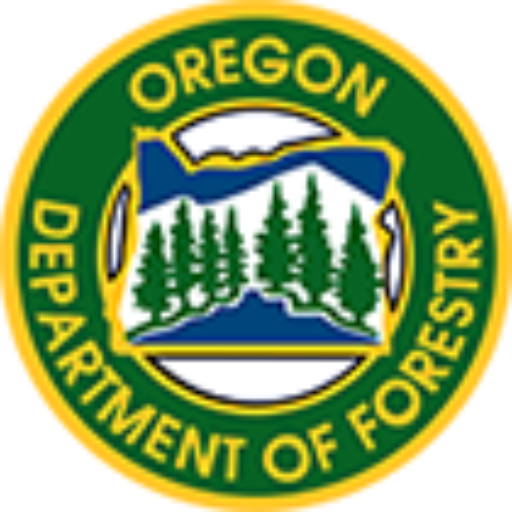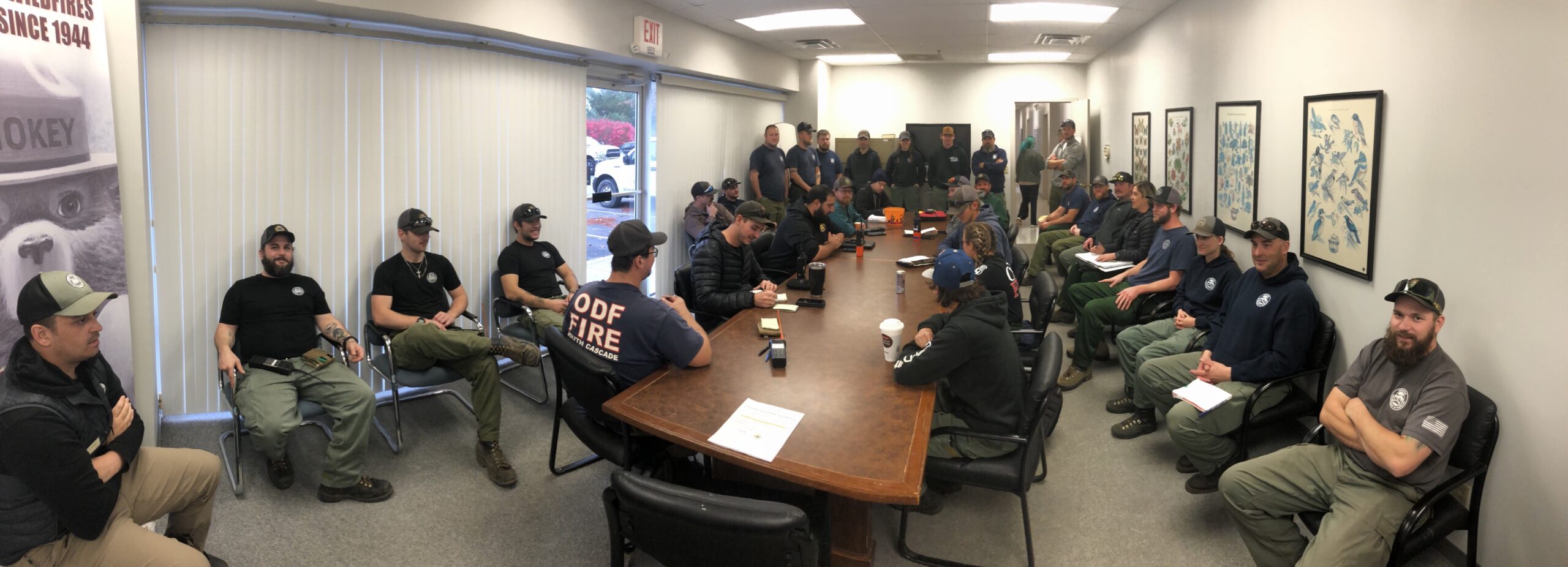Salem, Ore.—Though fire season has subsided in Oregon, other parts of the country are strained for resources as they hit their peak. In the last week, the Oregon Department of Forestry (ODF) sent 68 firefighters to Kentucky and 10 firefighters to North Carolina to assist in their fire suppression efforts. The department is planning on sending more firefighters this week to both states.
The resources went to Kentucky and North Carolina under mutual assistance agreements between the states. Those sent out of state range from incident management team (IMT) members to single resources, which can be an individual, a piece of equipment and its personnel complement, or a crew/team of individuals. giving a wide variety of help to our partner states.
When wildfire activity is low in Oregon, such as during our rainy fall, firefighters can be spared to help in places experiencing high levels of wildfire. Before committing to any deployment, ODF makes sure that our own fire management system is prepared and ready to respond to fires here in Oregon.
Sending our firefighters on these out-of-state deployments helps them build relationships outside of our organization, learn new suppression tactics and gives them the opportunity to fight fire in a different landscape. These off-season deployments help keep their skills sharp and come back to Oregon with new knowledge that can be applied to our future fire seasons.
“During our peak season, Oregon can and has called on other states to send firefighters and equipment when wildfires exceed our local capacity. The hope with these deployments is to build strong relationships so when we need help, other states will answer our call to action” Blake Ellis, fire operations manager, said.
During the 2023 fire season, Oregon received over 80 firefighters from out of state to help with ODF fire support and the Tyee Ridge Complex.
This is all done through mutual assistance agreements with other states, including Alaska and NW Canadian territories, creating a cache of reciprocal resources and a larger, comprehensive fire management system. This is called the complete and coordinated fire system.

